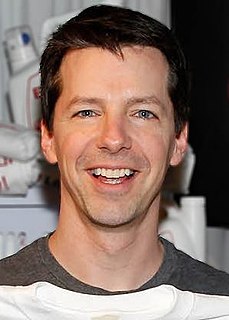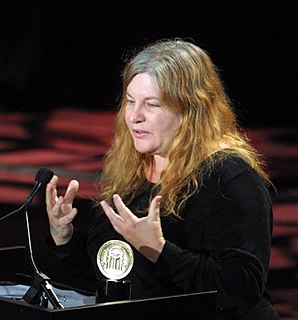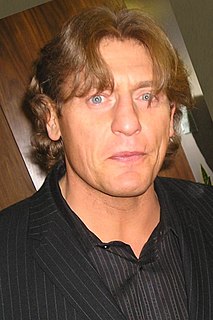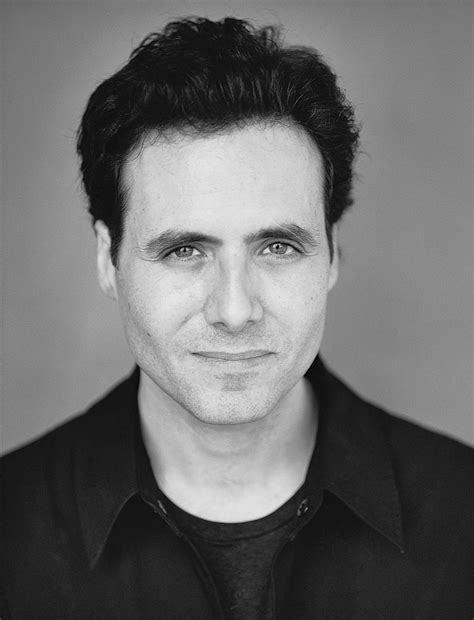A Quote by Chris Carter
I think I've been asked a lot more than most TV producers to go on-camera. But I just do what I do and don't think about the package.
Related Quotes
There's a lot of creativity in the industry, but I don't necessarily think that the most creative DJs or producers are always the biggest ones. I think it would be nice to see more of an open culture to different music. I think that's happening. With Spotify, I think people are discovering a lot of artists they might not discover otherwise.
Of course, you can never watch something like somebody else watches something like you, but nonetheless, you have to try. So I think on camera you learn a lot about how much the camera does for you, which is what is the great luxury of movie acting. Or acting whether it's TV or movies or whatever it is, that the camera's really such a gift because there's so much that it sees and does if you're willing to just be open and expose yourself and all of that. So you also learn what doesn't matter. And sometimes when you think about things, you think things matter that don't matter.
TV shows are great right now in America. I find myself - and I hate to admit it - but we watch more TV than we go to the movies. As a creative person, you want to be creative, you know? You don't want to constantly wait around - a lot of movies fall apart, or there's just not as much out there as there used to be. Or there are more actors. I don't know. But movie stars are doing TV. And when they're asked about it, they say they love it. Dustin Hoffman, Glenn Close. So it can't be that bad.
I think when I got drawn to film, I didn't know it was a business. I mean, like most filmmakers, I probably saw more films than a lot of people when I was a kid. But I watched them on TV as well. I was no purist about it. I spent lots of time in movie theaters, but I also watched a lot of films on TV.
I think what you see a lot of in American religion, even in areas of American Christianity that don't go all the way with Osteen to the idea that God wants you to have this big house and so on, the nature of American religion right now, the fact that it is so non-denominational and post-denominational, the most successful churches have to be run more like businesses than ever before. I think that just exposes Christians to a constant temptation to think about the ministry more as a business than they sometimes should.
David Foster Wallace: I think one of the insidious lessons about TV is the meta-lesson that you’re dumb. This is all you can do. This is easy, and you’re the sort of person who really just wants to sit in a chair and have it easy. When in fact there are parts of us, in a way, that are a lot more ambitious than that. And what we need, I think—and I’m not saying I’m the person to do it. But I think what we need is seriously engaged art, that can teach again that we’re smart. And that there’s stuff that TV and movies—although they’re great at certain things—cannot give us.
I think the fans, if you want to actually learn about us, I think you have to go way more intricate than just what you see on TV, because that's whatever they want to report. But it's just so much going on, and when you talk about being in our world you have to understand we're individuals too. We're not just athletes. No, we're fathers, we're sons. So when you put us through a job shortage you take away everything that we built.
Katherine Johnson never complained, it just was what it was. She just said, "I just wanted to go to work and do my numbers." And she stopped right there. I think about that as a Black woman in Hollywood when I'm asked about diversity. I hate when people say diversity because the first thing you jump to is Black and white. When you talk about diversity, you're talking about women being hired in front of and behind the camera. You are talking about people with disabilities, the LGBTQ community...so I hate when people think about diversity.




































